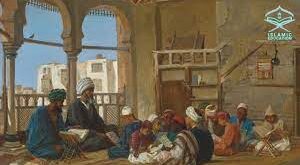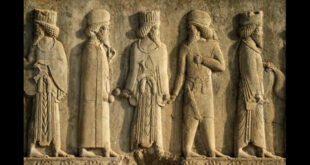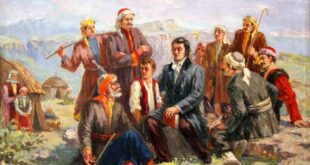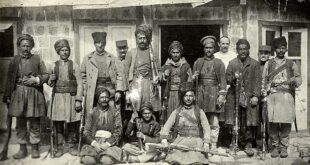Hittite (natively 𒉈𒅆𒇷 nešili / “the language of Neša“, or nešumnili / “the language of the people of Neša”), also known as Nesite (Nešite / Neshite, Nessite), was an Indo-European language that was spoken by the Hittites, a people of Bronze Age Anatolia who created an empire centred on Hattusa, as well as parts of the northern Levant and Upper Mesopotamia.[1] The language, now long extinct, is attested in cuneiform, in records dating from the 17th[2] (Anitta text) to the 13th centuries BCE, with isolated Hittite loanwords and numerous personal names appearing in an Old Assyrian context from as early as the 20th century BCE, making it the earliest-attested of the Indo-European languages.
Check Also
Modern history of Kurdistan
1918: Sheikh Mahmoud Barzinji becomes governor of Suleimaniah under British rule. He and other Kurdish …
 History of Kurdistan
History of Kurdistan



